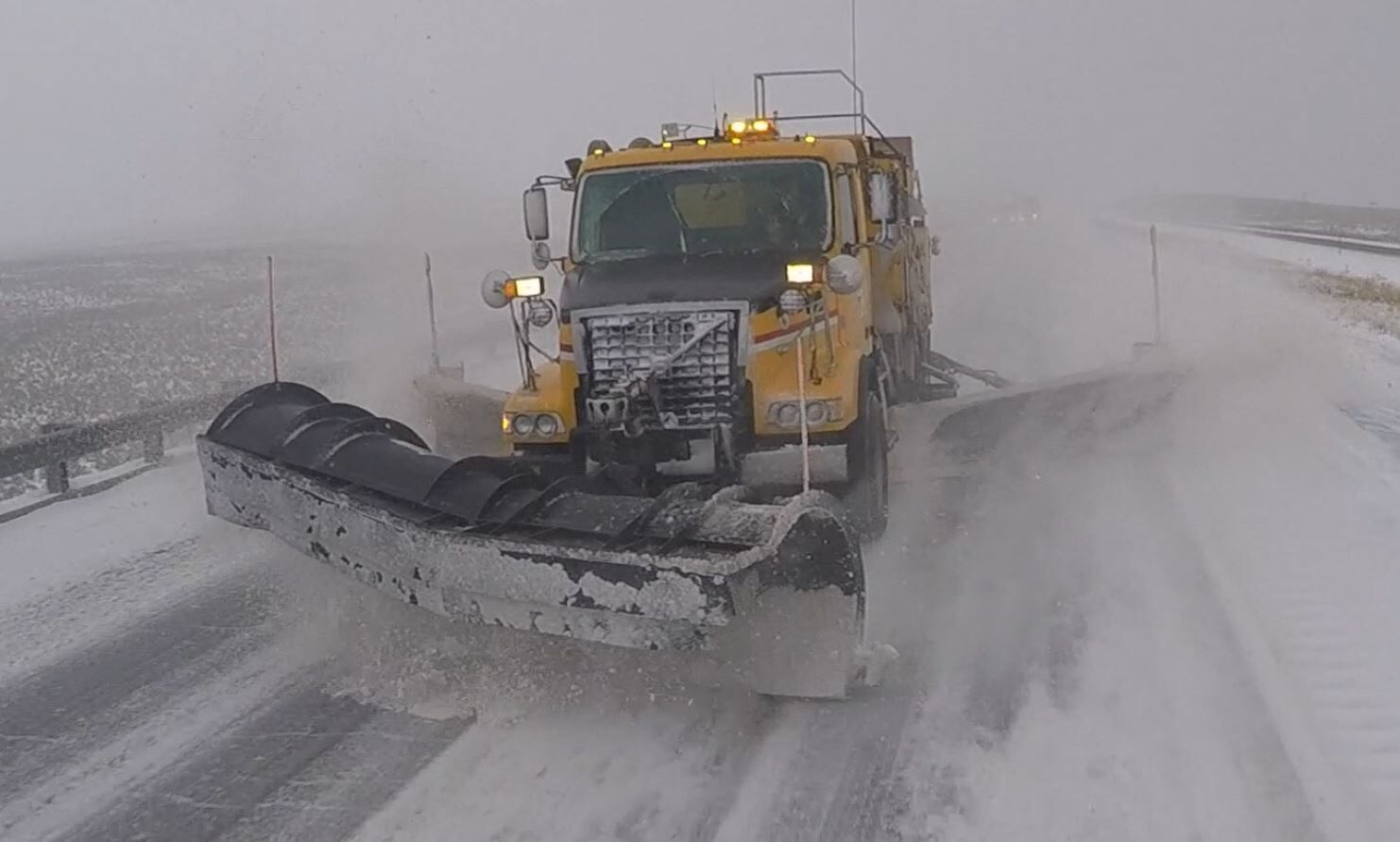EDITORIAL: Fuel tax ‘vacation’ no panacea, but worth a look
Published 2:02 pm Monday, June 27, 2022
When you’re watching the dollar figure on the gas pump display rise with dizzying speed, as it does these days, the prospect of slowing that mounting tab has a certain attraction.
Trending
This is the idea behind President Joe Biden’s proposal that Congress suspend federal gasoline and diesel tax — 18 cents per gallon — for three months. The president is also urging states to enact a similar “vacation” from their state fuel taxes.
Oregon’s state fuel tax is 38 cents a gallon.
These are not insignificant amounts when regular unleaded is averaging $5.43 a gallon, as it was Friday, June 24, in Baker County, according to AAA.
Trending
Suspending fuel taxes can have negative effects.
Much of the tax revenue pays to improve highways, roads and city streets, so a temporary reprieve now could mean bumpier roads later.
But trimming 56 cents from the price per gallon — if both the federal and Oregon state taxes went away for a few months — might well result in more gas being sold, which would partially offset the loss of tax revenue.
Oregon Gov. Kate Brown’s reaction to Biden’s proposal was disappointing.
A statement from her office states in part that “with gas prices having jumped by several dollars per gallon over the last several months, it’s unlikely that Oregonians would see significant savings at the pump under this latest proposal.”
Notwithstanding the exaggerated “several dollars per gallon over the last several months” reference — in reality Oregon’s average price for regular unleaded is up by about $2.01 compared with a year ago — Brown’s blithe dismissal of Biden’s suggestion shows little sympathy for the plight of her constituents.
Although Oregon’s fuel tax accounts for about 7% of the current price, and the combined state and federal tax is about 10%, saving 56 cents per mile amounts to about $22 for every 1,000 miles driven at an average of 25 mpg. That’s not likely to make the difference for someone struggling to pay a mortgage, to be sure. But at a time when inflation has elevated the cost for pretty much everything, including necessities such as food and fuel, Brown’s skepticism suggests she doesn’t appreciate the cumulative effects of inflation or the value of even modest relief on the cost of one product.
The reaction of Brown’s counterpart in neighboring Washington state, Jay Inslee, was much more galling.
A spokesperson for Inslee, Jamie Smith, trotted out the tired, much-refuted claim that oil companies are to blame, saying that if Washington suspended its gas tax — which is 49 cents per gallon, third-highest among states — “the oil companies would be the ones to benefit from yet another opportunity to pocket more profit at the expense of our ability to put people to work fixing our roads and bridges.”
Oil companies have been making billions in profits this year, to be sure. But to imply that this is directly related to prices we’re paying at the pump betrays at best an oversimplification, and at worst an ignorance, of economics and the global petroleum market.
As global economic matters tend to be, this one is much more complicated. Economics and industry experts say many factors have contributed to rises in oil prices and the record-high fuel prices, including supply chain delays and worker shortages that have reduced oil production, Russia’s invasion of Ukraine, and rising demand for fuel as the effects of the pandemic have eased.
The market works both ways. When oil prices plummeted early in the pandemic, corporate balance sheets reflected the trend. Exxon lost $22.4 billion in 2020.
Moreover, the Federal Trade Commission has investigated allegations of price gouging in the industry many times, most recently late last year, and invariably finds no legitimate evidence for it.
Ultimately, fuel tax “vacations” won’t be a panacea for drivers. But the savings are no less real just because they’re modest.









